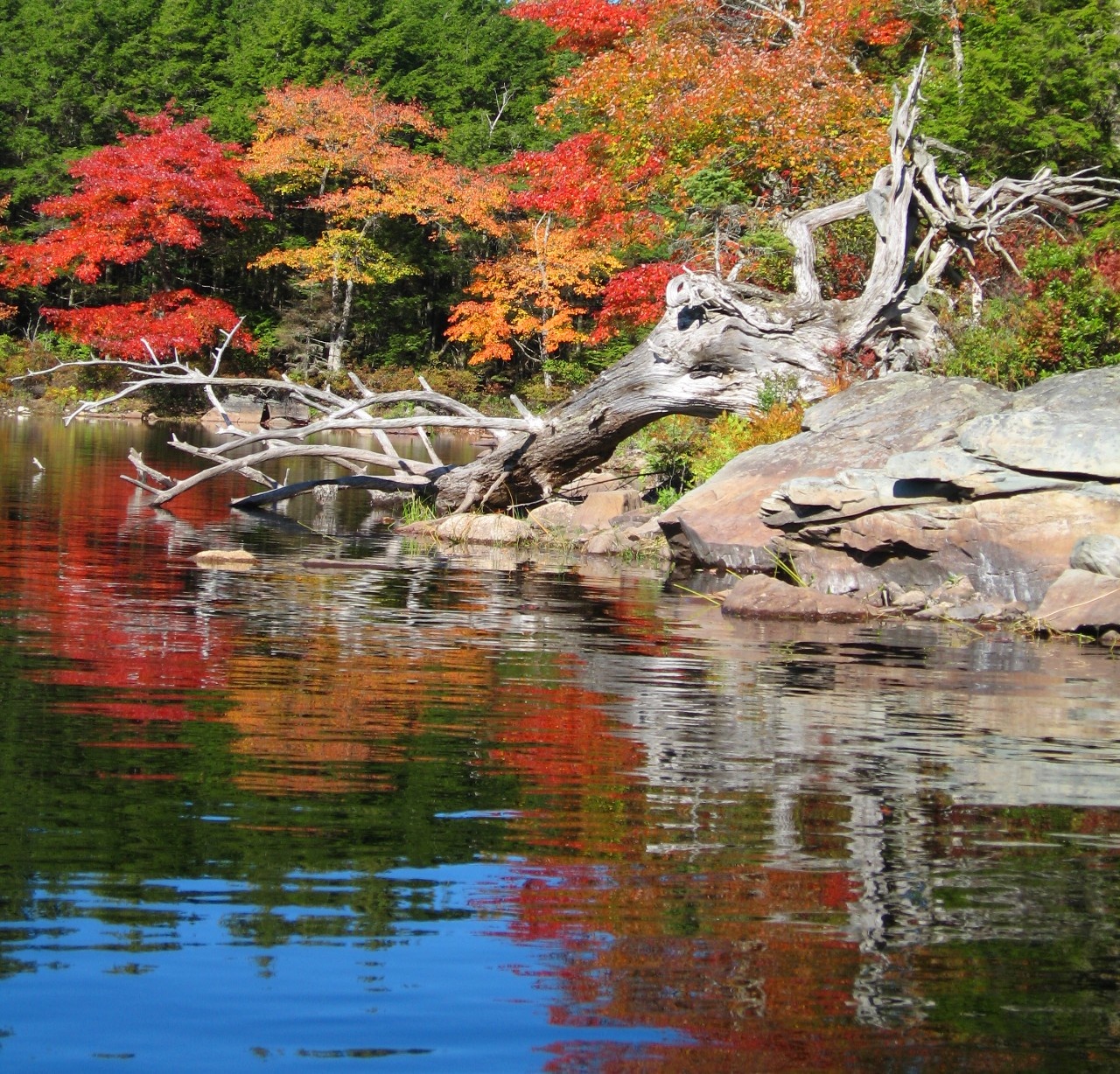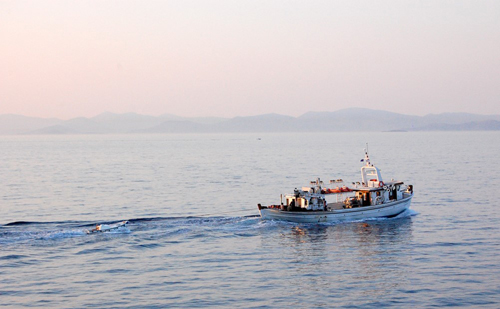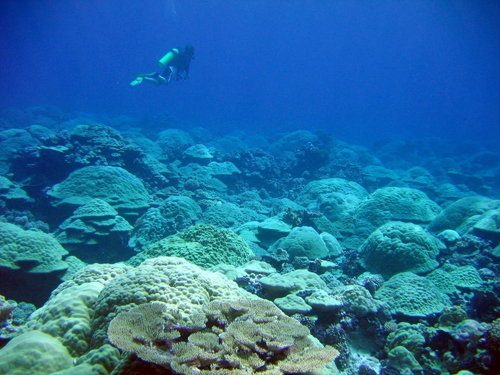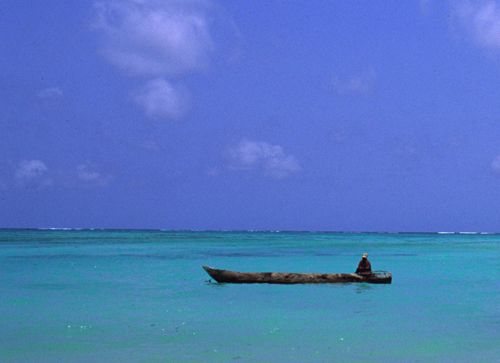Aaron Macneil
 |
PROFESSOR Tier II CRC Chair in Fisheries Ecology BSc: Dalhousie University (2001) MSc: University of Georgia, USA (2004) PhD: Newcastle University, UK (2007) NRC (USA) Postdoctoral Fellow, NOAA Southeast Fisheries Science Center, Panama City Beach FL |
| Teaching & Research Fisheries, Conservaton, Statistics, Social-ecological systems
Goals: The objectives of my research are to (1) improve fisheries management through better understanding of baselines, disturbance effects, and recovery of fish populations and communities; (2) quantify socio-cultural, ecological, and economic dimensions of fisheries sustainability; and (3) develop conservation solutions relevant to problems facing small-scale fishery stakeholders. Techniques: The vast majority of my research uses Bayesian statistical models to examine assumptions about how the world works, typically through analysis of observational data. This approach allows me to consider multiple processes and how they might impact a given fishery, at varying scales of space and time, and provides an explicit and coherent representation of a given problem under study. The great advantage of Bayesian methods is that they are practical and flexible, able to address a wide-range of conservation and management problems that are important for decision making. I also utilize techniques from the field of structured decision making to help frame research questions, stakeholder objectives, and management alternatives, all in an effort to make the best fisheries management decisions for fish and the people that catch them. |
|



